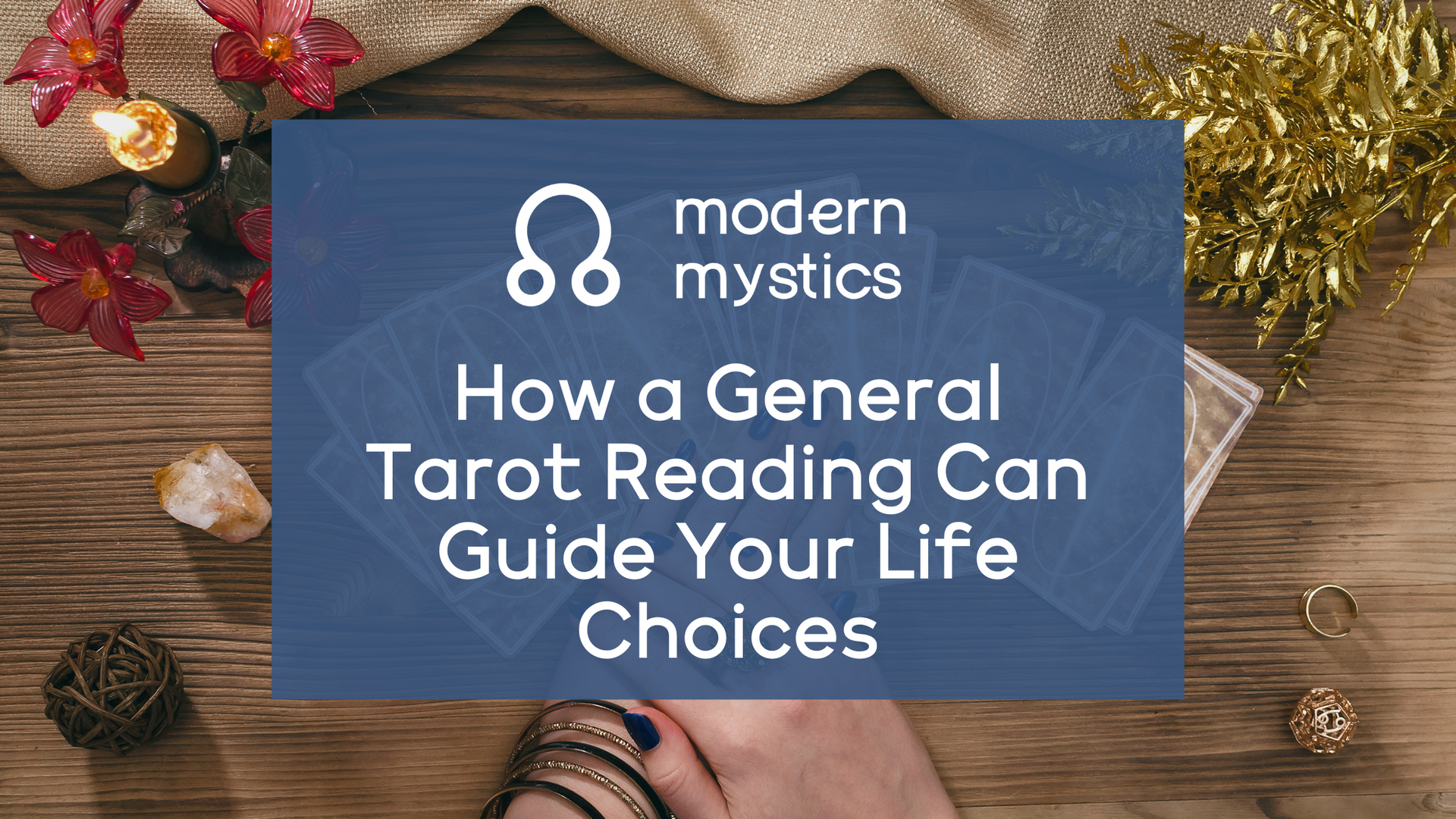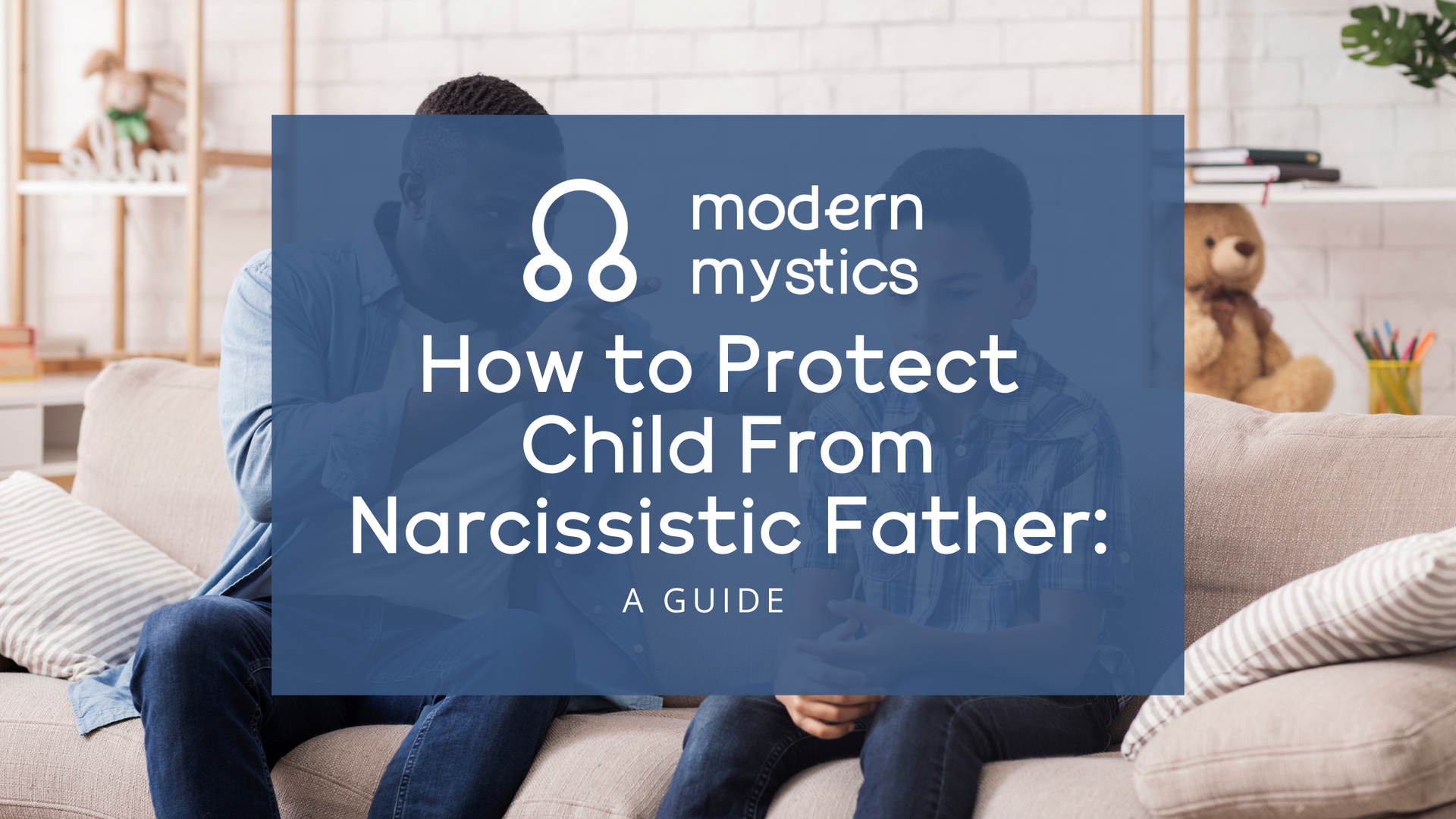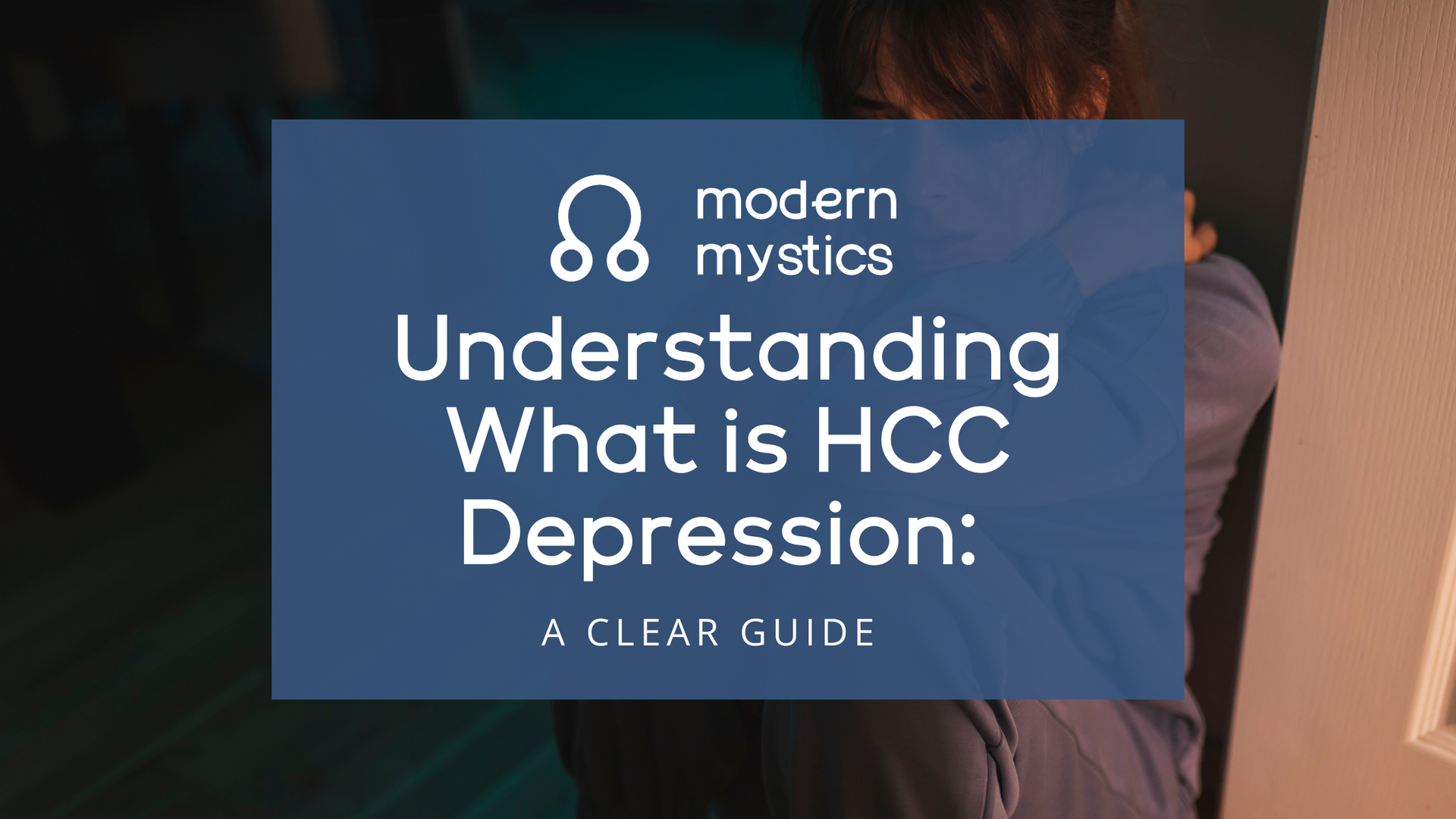Understanding BPD vs OCD: Key Differences Explained
Understanding the difference between borderline personality disorder (BPD) and obsessive-compulsive disorder (OCD) is important for anyone grappling with these mental health conditions. This in-depth examination of BPD vs OCD will help you better grasp the nuances of each disorder.
People sometimes confuse BPD and OCD because they share overlapping symptoms. However, they are distinct disorders with different causes, diagnostic criteria, and treatment approaches. Accurate differential diagnosis is needed to make sure the person receives the correct treatment.
Table Of Contents:
- BPD vs OCD: Defining the Disorders
- BPD vs OCD: Overlapping Symptoms
- BPD vs OCD: Key Differences
- BPD vs OCD: Causes and Risk Factors
- BPD vs OCD: Comorbidity
- BPD vs OCD: Effective Treatments
- BPD vs OCD: Recognizing When to Get Support
- Conclusion
BPD vs OCD: Defining the Disorders
What is Obsessive-Compulsive Disorder (OCD)?

The DSM-5 classifies obsessive-compulsive disorder (OCD) as an anxiety condition. It involves experiencing persistent, unwanted intrusive thoughts, ideas, or sensations (obsessions) that cause significant distress. Individuals with OCD often perform repetitive actions (compulsions) to reduce this distress. These compulsions can be mental images, such as needing to constantly visualize a protective symbol, or behavioral, like needing to repeatedly wash hands.
What is Borderline Personality Disorder (BPD)?

Borderline personality disorder (BPD) is a chronic mental health condition. It is marked by unstable moods, emotions, self-image, behavior, and interpersonal relationships that interfere with daily life. Individuals may experience fear of abandonment, impulsivity, difficulty regulating emotions, and a pattern of unstable relationships.
People with BPD are also more likely to have poor insight. Because individuals with BPD often do not recognize their symptoms as part of an illness, they may not seek treatment for it. This can make living with borderline personality disorder even more challenging.
BPD vs OCD: Overlapping Symptoms
Both BPD and OCD can involve intense emotional responses, such as anxiety. Both conditions can also cause difficulty maintaining healthy interpersonal relationships. Individuals may have obsessive, intrusive, persistent, unwanted thoughts that fuel negative emotions.
BPD and OCD may involve obsessive, persistent, unwanted thoughts. These unwanted intrusive thoughts are not desired by the person having them.
This overlap can be tricky to navigate without professional help. It emphasizes the need for a precise diagnosis if you suspect you might have either condition or even both.
BPD vs OCD: Key Differences
One crucial distinction relates to how individuals perceive their intrusive thoughts. Those with OCD typically recognize these thoughts as irrational. People with BPD may believe their thoughts are true reflections of reality or themselves.
Another key difference lies in impulsivity and impulse control. Individuals with BPD typically have more issues with impulsivity compared to those with OCD. A need for order, rules, and regulations is a hallmark of obsessive-compulsive disorder.
| Feature | OCD | BPD |
|---|---|---|
| Primary focus | Obsessions and compulsions | Unstable moods, relationships, and self-image |
| Thought perception | Recognized as irrational | Often believed to be true |
| Impulsivity | Lower | Higher |
| Main treatment | ERP therapy | DBT therapy |
BPD vs OCD: Causes and Risk Factors
Genetic Factors
Research shows both OCD and BPD are highly heritable conditions. Identical twins are more prone to developing obsessive-compulsive disorder than non-identical twins, and family history is a major risk factor. BPD may also have genetic causes.
Studies estimate BPD heritability at 41%, meaning genetic factors play a large role in developing borderline personality disorder. Social factors, including experiencing trauma in childhood or being exposed to emotional invalidation in childhood can also play a part. There is a clear genetic component for people with family history, especially identical twins.
Environmental Factors
Beyond genetics, childhood trauma seems to significantly raise the risk of developing borderline personality disorder. Experiencing emotional invalidation during development may increase vulnerability to both BPD and OCD.
BPD can develop from many contributing factors. Factors may include:
- Genetics.
- Brain structure and function.
- Environmental factors, such as childhood trauma.
BPD vs OCD: Comorbidity
Research reveals a substantial prevalence of anxiety disorders, like OCD, amongst those diagnosed with BPD. About 83% of individuals with BPD also fit anxiety disorder descriptions. Between 23-35% of individuals diagnosed with BPD also meet the criteria for OCD. Individuals with bpd may experience symptoms several times a week, while others only experience higher levels of symptoms multiple times a year.
OCD can commonly be seen as comorbid with BPD. People who have both experience overlapping symptoms, like having persistent intrusive thoughts and difficulty in maintaining interpersonal relationships.
It is also common for those with BPD to experience higher levels of other comorbid conditions, such as bipolar disorder and generalized anxiety disorder. This is thought to be because of factors like genetics and abnormalities in brain structure.
BPD vs OCD: Effective Treatments
Exposure and response prevention (ERP) therapy is frequently used in treating OCD. It involves guided, gradual exposure to fears or triggers while learning to resist performing compulsions. Individuals with OCD benefit greatly from learning and using tools taught to them through ERP.
Dialectical behavior therapy (DBT) is used in treating BPD. This therapy focuses on building interpersonal relationship coping mechanisms and teaching distress tolerance for more functional processing of emotional responses. Individuals struggling with borderline psychopathology can work to build skills like emotional regulation and distress tolerance. DBT also helps people identify underlying symptoms, including factors that contribute to emotional dysregulation.
DBT can involve many treatment modalities, including individual therapy, behavior therapy, and group therapy. A common mental illness like obsessive-compulsive personality disorder may sometimes benefit more from alternative treatments. One reason is because individuals with this disorder tend to exhibit more obsessions about their compulsions rather than compulsions in reaction to their obsessions. It may involve perfectionism, an obsessive need to control a situation, and personality traits, such as an extreme trait of anger.
BPD vs OCD: Recognizing When to Get Support
Facing mental health issues alone is difficult. Recognizing you need help and reaching out is essential. Getting qualified help is important.
If you suspect you have either OCD or BPD, seek professional input from a therapist, psychologist, or medical practitioner for diagnosis and to explore personalized treatment strategies. If you feel like your symptoms are severe, and if they cause emotional distress or you feel suicidal, call 911 or visit your local emergency room immediately.
Conclusion
Understanding these mental illnesses helps create hope. Proper understanding leads to easier diagnosis and appropriate treatment methods. This enables patients to navigate difficult, distressing, and life-changing moments more readily.
Mental distress may strike any individual and leave lasting impacts. Learning the difference between BPD and OCD is important for understanding yourself and receiving effective treatment.



